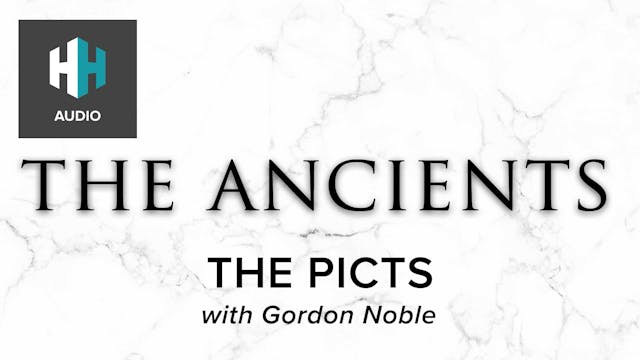When you envision what Earth was like 4.5 billion years ago, shortly after its creation, images of dust-filled air and raging volcanoes tend to come to mind. However, amidst all that chaos, hidden within the rocks and atmosphere, what if water was also present? Traveling back to the beginning of the Solar System and Earth's formation, it turns out that Earth was partially wet from the start. with water molecules clinging to the asteroids that would later form our planet. So, how do we go about proving the existence of primordial water? And why is it so important to scientists today?
In today's episode, Tristan welcomes Dr. Lydia Hallis from the University of Glasgow to delve into the history of water's origins and explain why this research is game-changing. Drawing from research in NASA's Astrobiology archives and Dr. Hallis's own exploration in the Arctic Circle, where she scaled kilometer-high ice mountains with the help of a Red Bull athlete, we explore why the existence of primordial water on Earth is so significant and what implications it holds for the rest of the solar system.
Up Next in Archive of Dan Snow's History Hit 🎧
-
🎧 George VI and Elizabeth, Queen Mother
This episode brings the marriage of King George VI and Queen Elizabeth, the Queen Mother to life, from the uproar of King Edward VIIIs abdication to the challenges of the Second World War. How did they shore up public faith in the monarchy? And how did they raise their daughters through such an u...
-
🎧 The Stonewall Uprising
Pride month happens in June in commemoration of the Stonewall Uprising that took place in the summer of 1969 after police undertook a routine raid on an LGBTQ+ bar in New York City and instead of submitting to the usual mistreatment, its patrons resisted. The unrest continued for several nights w...
-
🎧 The Picts
Originating around the 3rd Century BCE and later designated official adversaries of the Roman Empire, the Picts wreaked havoc across the northern fringes of Roman Britain. But due to their limited presence in the archaeological record and the complexities of multiple kings, kingdoms, and language...




4 Comments